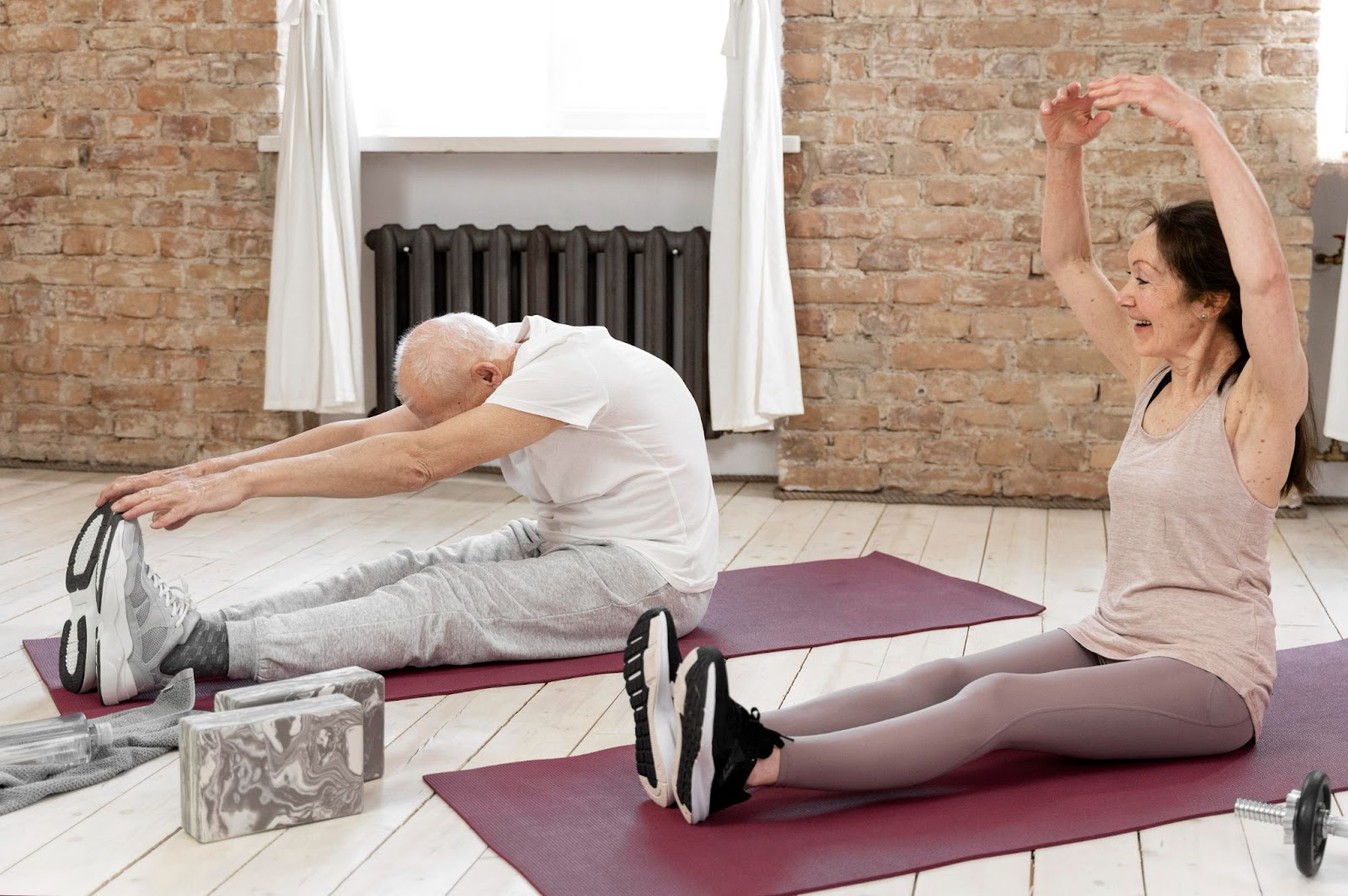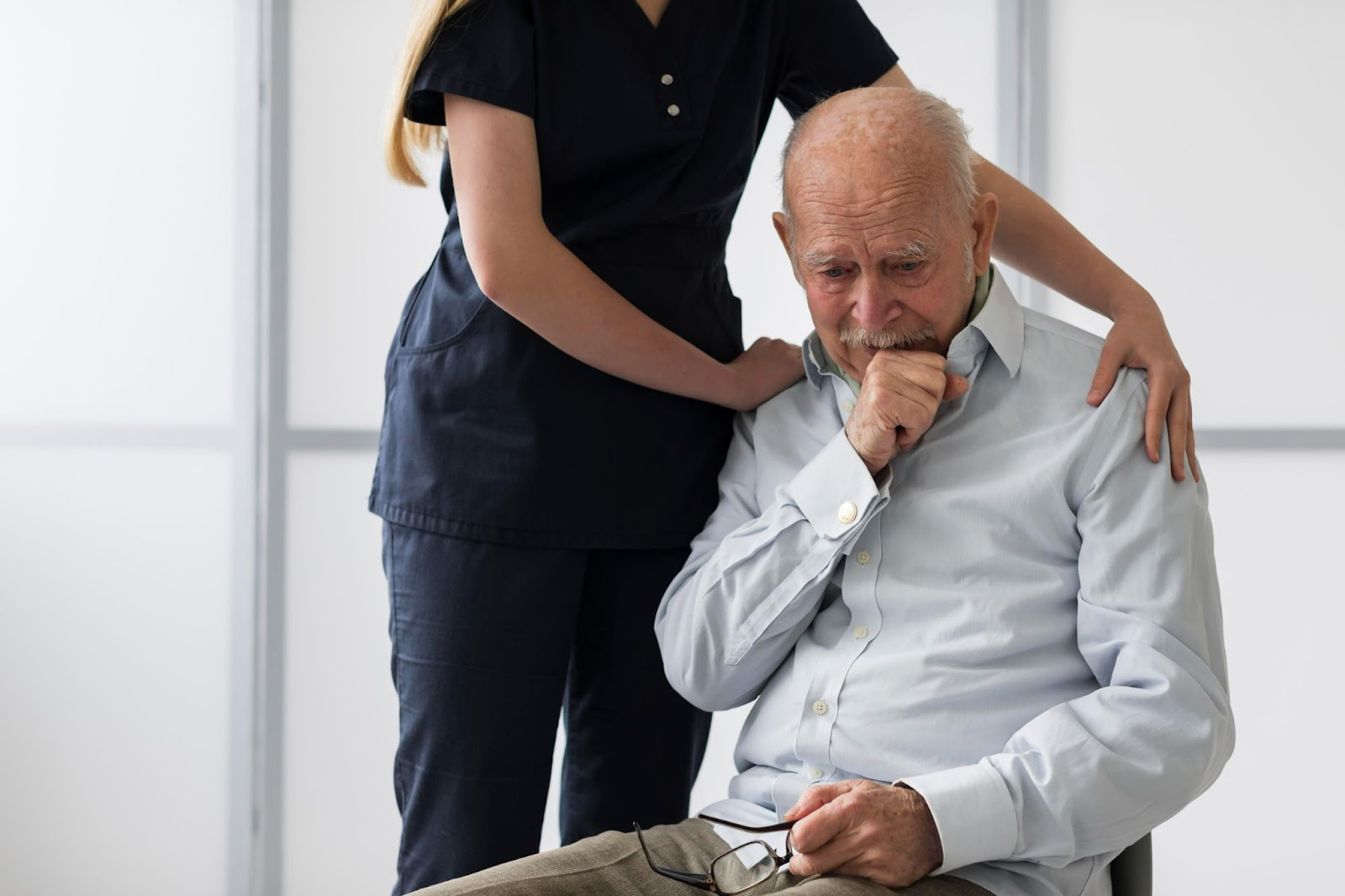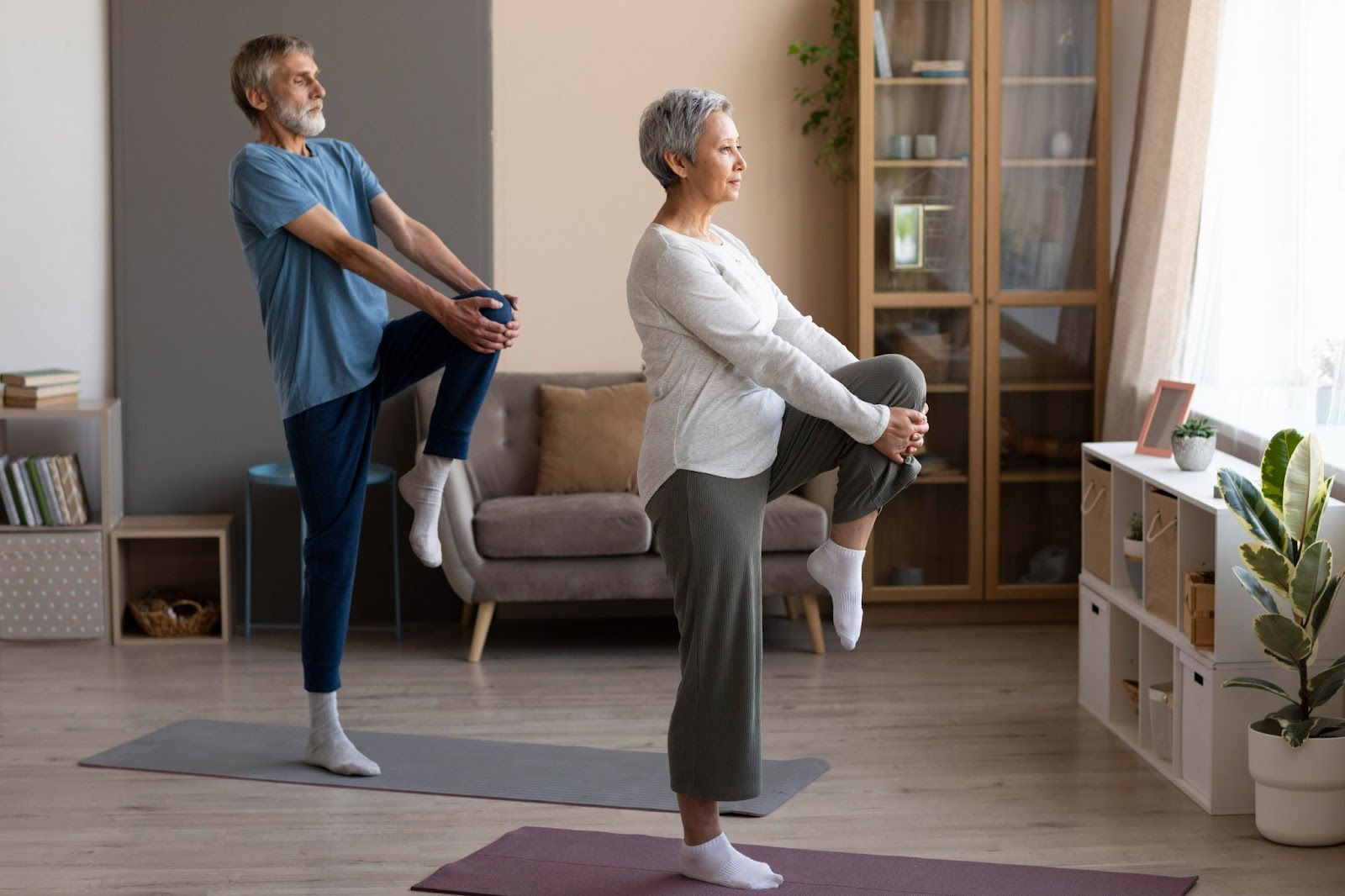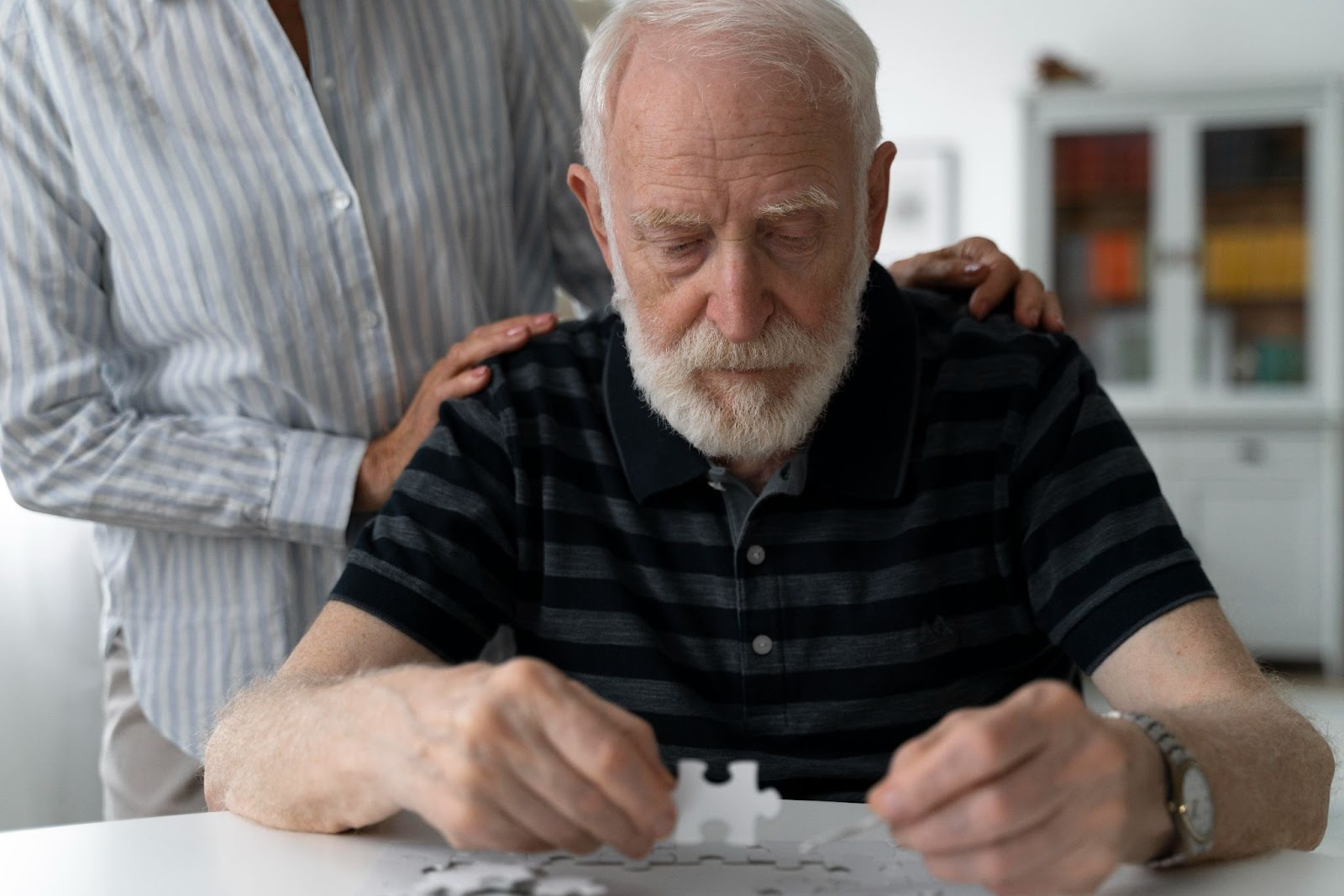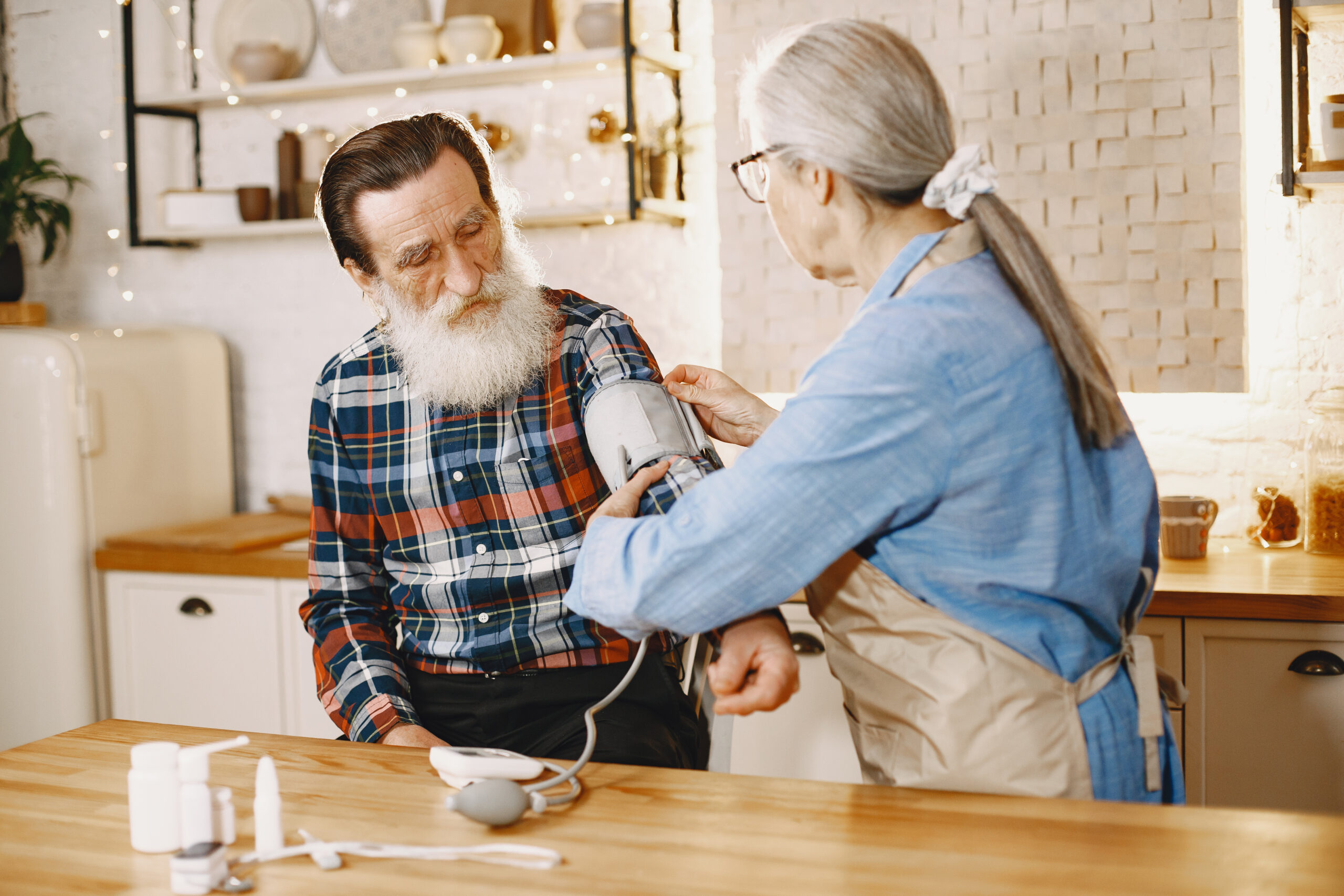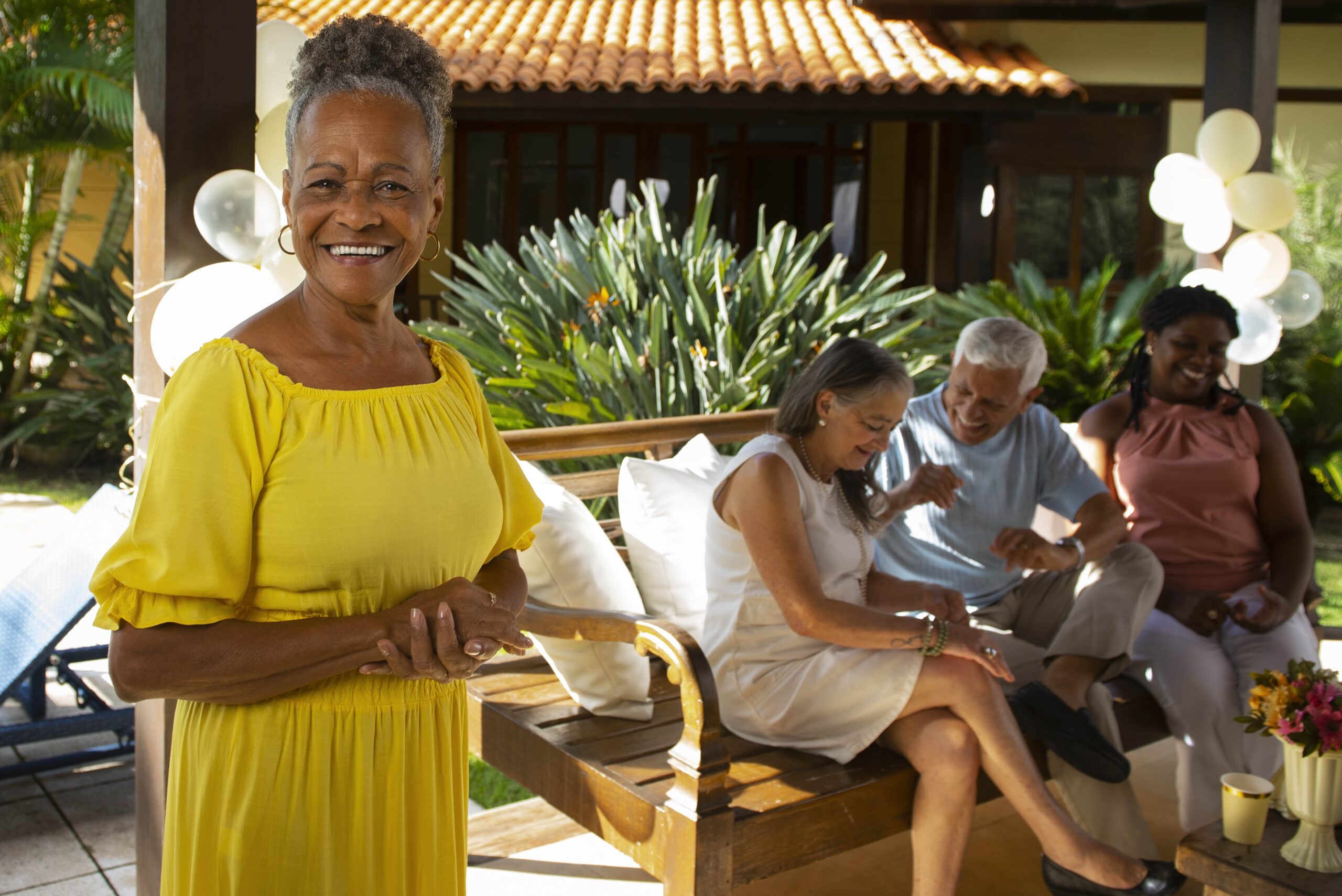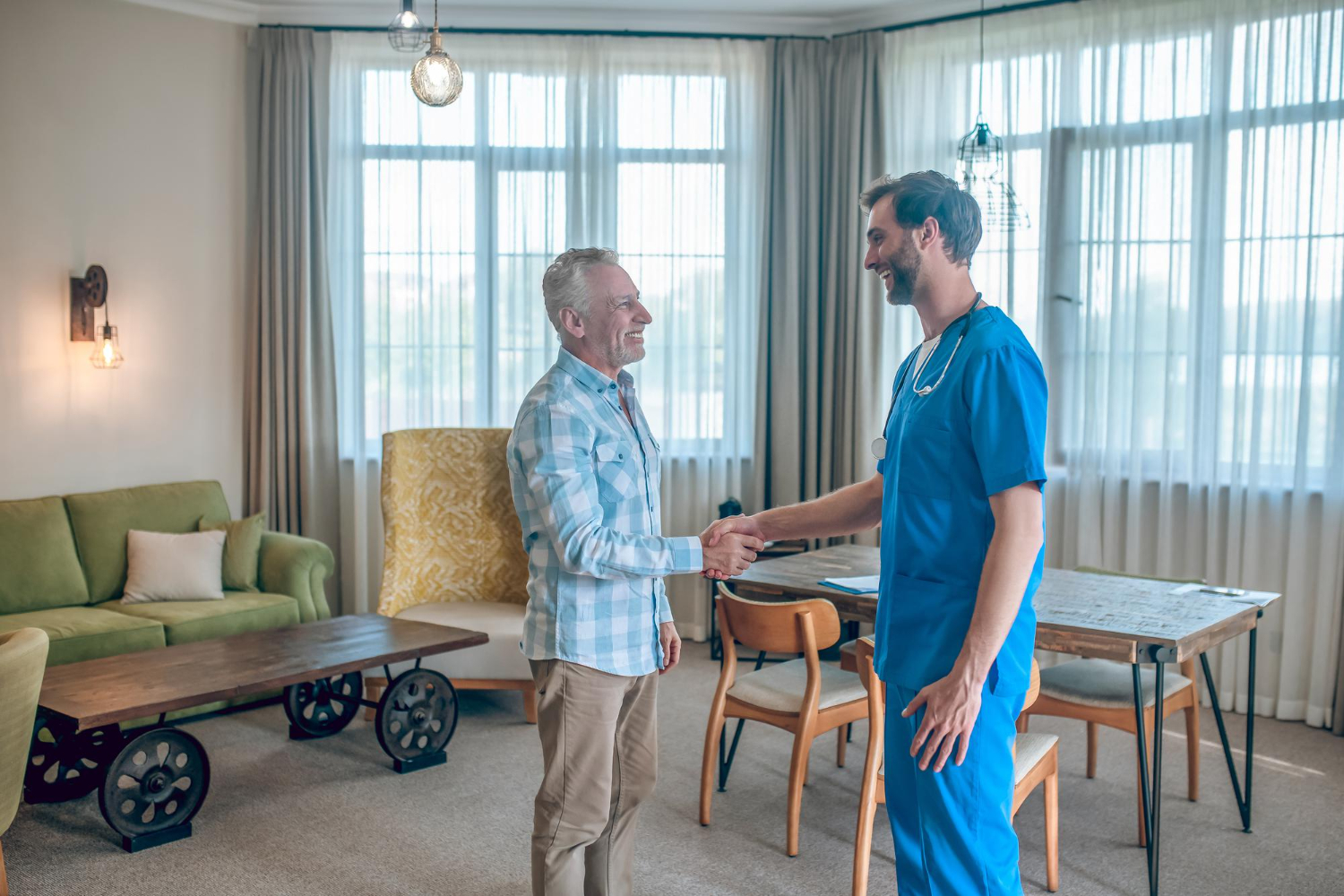Maintaining mobility is essential for older Australians who want to live independently and enjoy a good quality of life. As we age, physical challenges can affect our ability to move confidently, impacting daily activities and overall well-being. This is where general mobility physiotherapy plays a vital role. It supports older adults by improving movement, strength, and balance, helping them stay active and safe.
At AHP Aged Care, we understand the importance of tailored aged care mobility solutions that meet individual needs. Our multidisciplinary team offers personalised mobility improvement programs designed specifically for aged care residents and community-dwelling seniors. This article will explore what general mobility physiotherapy involves, common mobility challenges, and how effective programs can enhance independence for older adults.
What is general mobility physiotherapy?
General mobility physiotherapy refers to specialised physical therapy aimed at improving everyday movement and physical function. For older adults, it focuses on areas such as walking, balance, flexibility, and muscle strength – all critical components of maintaining independence. Physiotherapists use a combination of assessment, exercise, and education to design personalised plans that address each person’s unique mobility challenges.
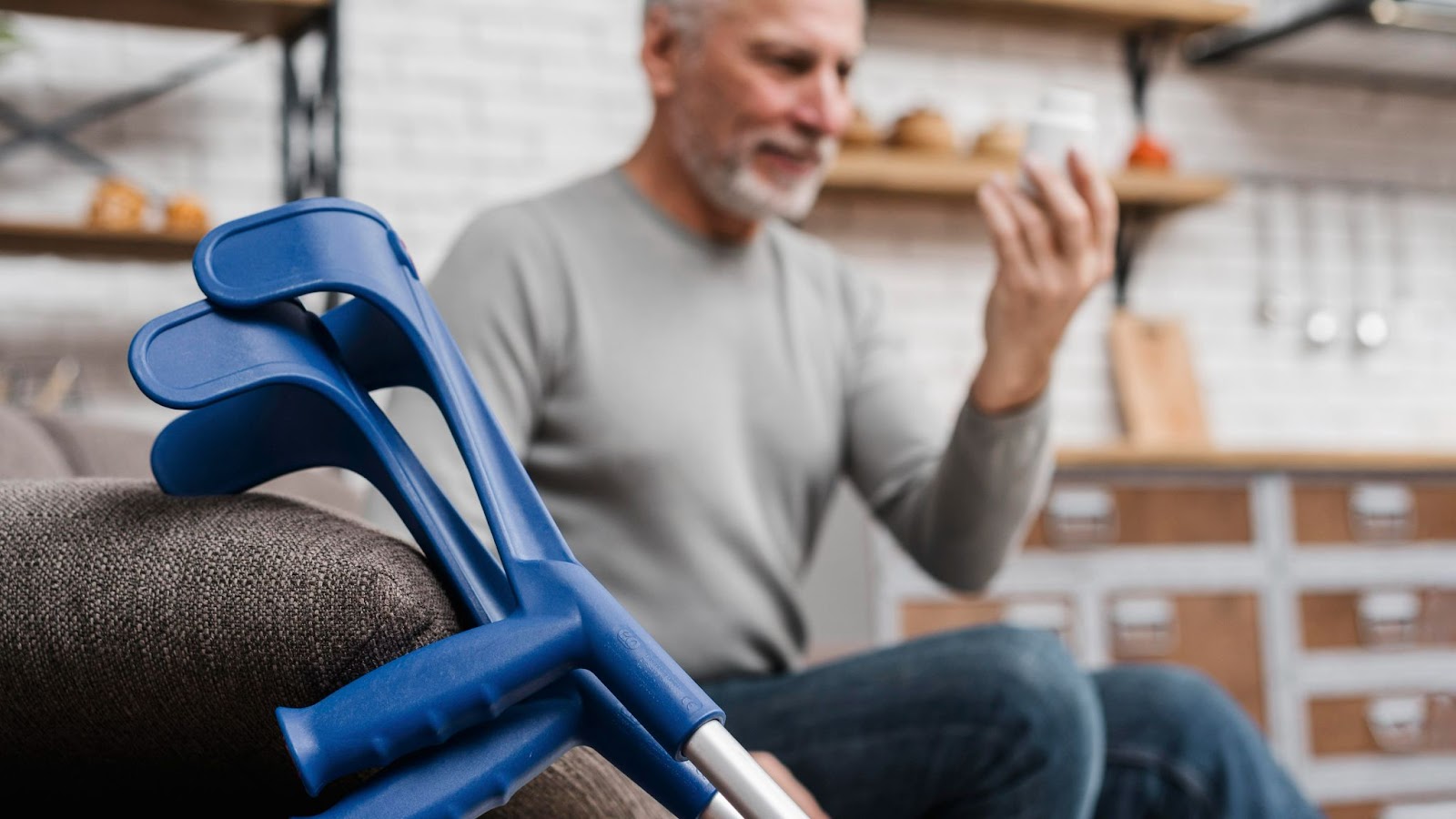
Unlike targeted rehabilitation for a specific injury, general mobility physiotherapy aims to support overall movement and reduce the risk of falls or further physical decline. By focusing on functional tasks that people encounter daily, physiotherapy helps older adults move more confidently around their home, retirement community, or aged care facility.
The benefits of general mobility physiotherapy include:
- Enhanced balance and coordination
- Improved muscle strength and flexibility
- Reduced risk of falls and injuries
- Greater confidence in movement
- Improved quality of life and independence
Physiotherapists take a holistic approach, often collaborating with occupational therapists and dietitians to create a comprehensive plan that supports overall health and mobility.
Common mobility challenges in aged care
As people age, several factors can contribute to reduced mobility. Conditions such as arthritis, osteoporosis, muscle weakness, joint stiffness, and neurological issues often affect movement. These challenges can make simple tasks like standing up from a chair, climbing stairs, or walking longer distances difficult and exhausting.
Balance problems are a major concern for older adults, significantly increasing the risk of falls, which are a leading cause of injury in aged care. Additionally, muscle loss (sarcopenia) reduces strength and endurance, further limiting mobility.
These issues often result in increased dependence on carers or assistive devices, reduced social interaction, and a decline in mental well-being. Addressing mobility challenges early with targeted mobility improvement programs can help prevent these negative outcomes and promote longer-lasting independence.
Mobility improvement programs: What they include
Effective mobility improvement programs focus on strengthening the body’s ability to move safely and efficiently. These programs are personalised and adapt to each individual’s abilities, goals, and medical history.
Core components of these programs typically include:
- Strength training: Exercises that target key muscle groups involved in walking, standing, and balance
- Balance and coordination exercises: Activities that improve stability and reduce the risk of falls
- Flexibility and range of motion: Stretching and mobility exercises to maintain joint health and prevent stiffness
- Functional movement training: Practising everyday tasks like sit-to-stand, stair climbing, and walking with proper technique
At AHP Aged Care, we deliver these programs within a multidisciplinary framework. Physiotherapists work closely with occupational therapists, who assess how mobility affects daily activities and recommend practical modifications or equipment. Dietitians contribute by ensuring clients receive proper nutrition to support muscle health and energy.
Regular assessment is essential to track progress and adjust programs accordingly. This dynamic approach helps maintain motivation and ensures the exercises continue to meet the evolving needs of each client.
Aged care mobility solutions offered by AHP Aged Care
At AHP Aged Care, our aged care mobility solutions are designed to deliver scalable, high-quality care for both individuals and aged care facilities. We provide personalised physiotherapy services that are tailored to improve mobility and promote independence for older adults.
Our multidisciplinary team includes speech therapists, occupational therapists, dietitians, and other healthcare professionals who collaborate to create holistic care plans. This ensures that mobility is not treated in isolation but as part of an integrated approach addressing overall health and well-being.
We offer:
- Individualised mobility improvement programs that focus on safe movement and fall prevention
- On-site physiotherapy services for aged care facilities, helping residents maintain or regain mobility within familiar surroundings
- Workforce solutions that support aged care providers with specialised therapy services to meet the unique needs of their clients
- Community-based physiotherapy for seniors living independently or in retirement communities, supporting ongoing mobility and active ageing
These services are delivered with flexibility, catering to the different levels of mobility and health status found in aged care populations. Our goal is to help clients recover faster from injury or surgery, avoid unnecessary hospital stays, and maintain their independence for as long as possible.
Why choosing the right mobility physiotherapy matters
Selecting the right provider for general mobility physiotherapy is crucial to achieving lasting results. Professional assessment and personalised care ensure that therapy addresses the specific challenges faced by older adults rather than applying a generic exercise program.
AHP Aged Care adheres to the national aged care quality standards, which guide us in providing safe, effective, and respectful care. Choosing a provider who understands these standards and the complexities of aged care ensures clients receive the highest level of support.
Professional physiotherapy not only improves mobility but also contributes to better overall health outcomes, including reduced falls, fewer hospital admissions, and improved mental well-being. It’s an investment in quality of life that benefits both the individual and their family or carers.
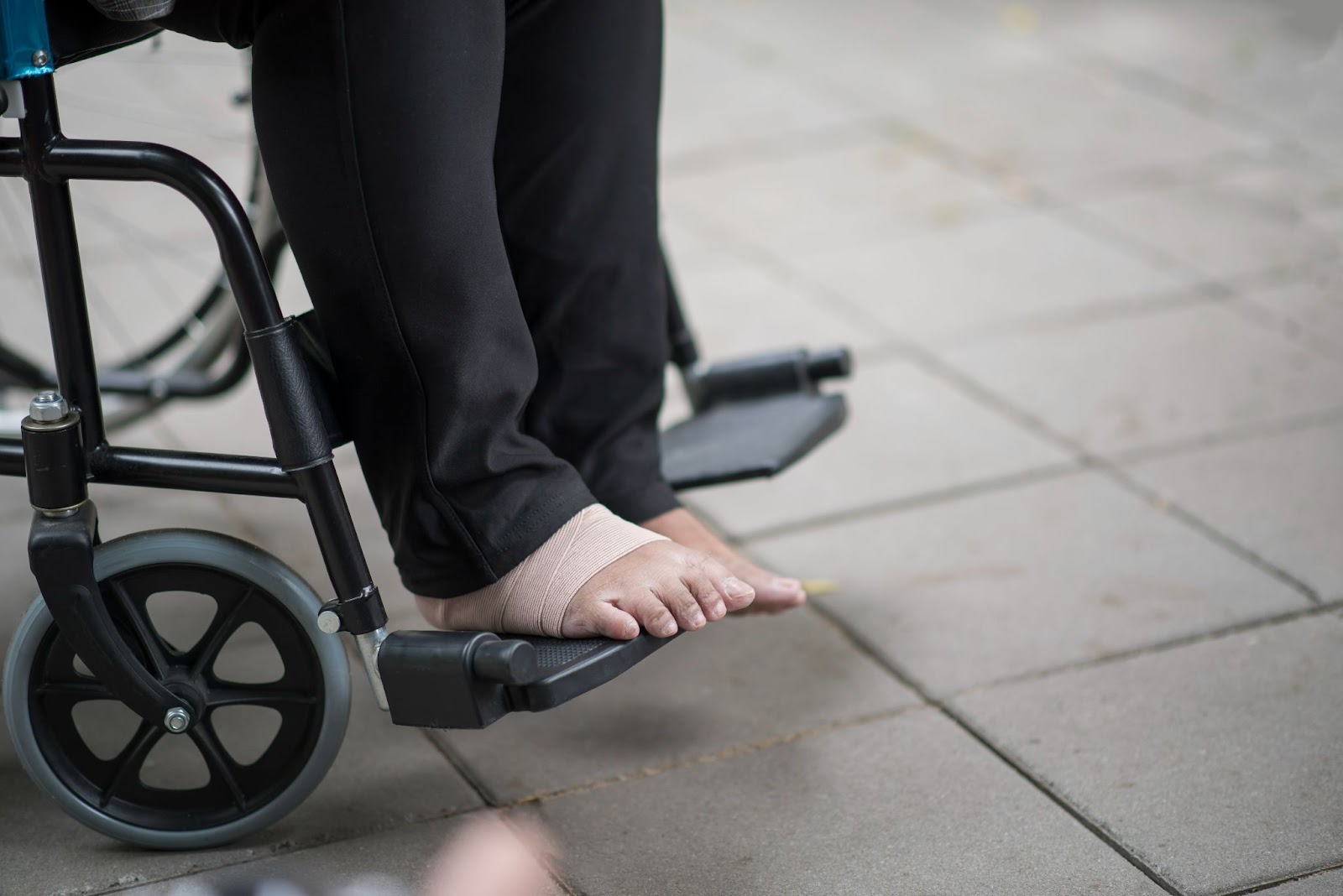
General mobility physiotherapy is a vital service for older Australians aiming to maintain or improve their independence. Through personalised mobility improvement programs and comprehensive aged care mobility solutions, AHP Aged Care supports seniors to move confidently, safely, and comfortably in their everyday lives.
Whether living independently, in retirement communities, or aged care facilities, our multidisciplinary team delivers tailored therapy designed to enhance strength, balance, and flexibility, the building blocks of good mobility.
If you or a loved one needs support with mobility, contact AHP Aged Care today to learn how our tailored physiotherapy services can help you stay active and independent.


